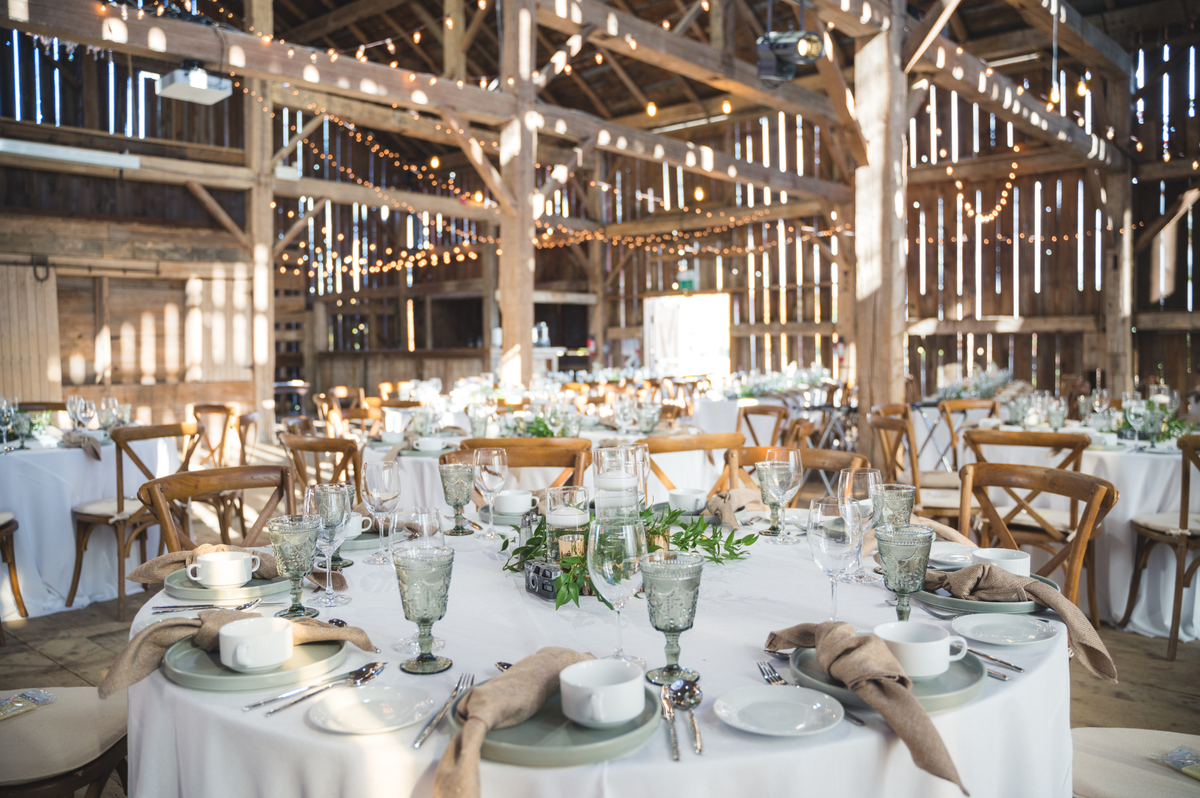What Does An Event Management Checklist Include?
Location
Date
Event type
Goals
Budget
What Are The Event Planning Steps
Event details
To-do list
Guest list
Seating chart
Schedule
Music
Contact list
6-12 months ahead
3-6 months ahead
2 months ahead
1 month ahead
1 week ahead
Day before event
Event day

The First Steps In The Event Planning Checklist: 6-12 Months Before The Event
Here’s what you should be doing in the first 6-12 months:
Determine the goals of the event
Choose a theme
Visit potential sites
Research/appoint event coordinator/manager
Get cost estimates (venue hire, food, drinks, sound/lights etc)
Get recommendations for entertainment
Invite/Confirm VIPs
Begin invitation design
3-6 Months Before: Checklist For Events Management
Here’s what you should be doing 3-6 months before the event:
Determine the goals of the even
Pick a theme
Decide on a date that doesn't conflict with other events you or your target audience might participate in
Research a venue that can accommodate the event needs and make a reservation
Decide on budgets for other major factors, like catering and music
Determine other logistical event needs, such as insurance or security

Event Planning Checklist For 2 Months Ahead
Here’s what you should be doing 2 months before the event:
Develop an event committee
Book security and parking
Create branding for the event, like a logo or webpage
Place orders for catering services
Develop and implement marketing and publicity initiatives through social media, blogs, billboards, postcards or emails
Contact individuals involved in the event like guest speakers
Sell advance tickets
Send out emails or letters advertising to save the date
Create documents, like budgets, to-do lists and design requirements, for every event committee member
Receive bios from all guest speakers
Sign all contracts for catering services, guest speakers, music and other services
Acquire sponsors
Close ticket presales and release info about regular tickets
Decide on registration fees based on projected and actual costs of the event
Create an online registration system
Distribute requests for volunteers
Order decorations
Book a photographer or videographer
Research accessibility at the venue, such as parking spaces for people with disabilities or live captioning systems
Remind people on your contact list to register
Send out event reminders through other channels, like social media
Confirm sponsors and guest speakers
Produce or get materials for the event, such as banners or stickers
Design a timeline of the event's speakers or features
Send out a media advisory if the press might attend
Event Management Checklist For 1 Month Ahead
Here’s what you should be doing 1 month before the event:
Delegate responsibilities to volunteers and staff
Print table cards, programs or other materials to distribute at the event
Contact and confirm details with media representatives
As necessary, review scripts or seating charts
Complete volunteer or staff event training
Meet with the committee to confirm all details
1 week ahead: Event Management Checklist
Here is what you should be doing 1 week before the event:
Close event registration
Schedule set up for speaker equipment, tables and chairs
Monitor the weather forecast if planning an outdoor event
Submit the final registration tally to caterers

Event Planning Checklist: The Day Before Event
Here’s what you should be doing the day before the event
Make and print a list of contact information for all event staff and volunteers
Assemble all materials needed for the event
lf allowed by the venue, set up the event early
Test any electronic equipment, such as sound systems
Event Day: Event Management Checklist
Here’s what you should be doing on the day of the event:
Supervise the setup for the event
Make sure you have copies of materials like parking information, registration lists and permits
Set up a system for participant check-in
Regularly check in with volunteers and staff
Perform a final walkthrough of the venue before allowing guests inside

Event Management Checklist For The Day After Event
Here’s what you should be doing on the day after the event:
Check that you removed all of the materials from the venue
Update your budget based on receipts, invoices and registration lists
Send thank you notes to caterers, venues, music and other vendors or volunteers
Debrief how the event went with other committee members
Collect all documents like promotional materials, updated budget, security plan and the event map to help you plan for future events
Ask guests to fill out a feedback survey
